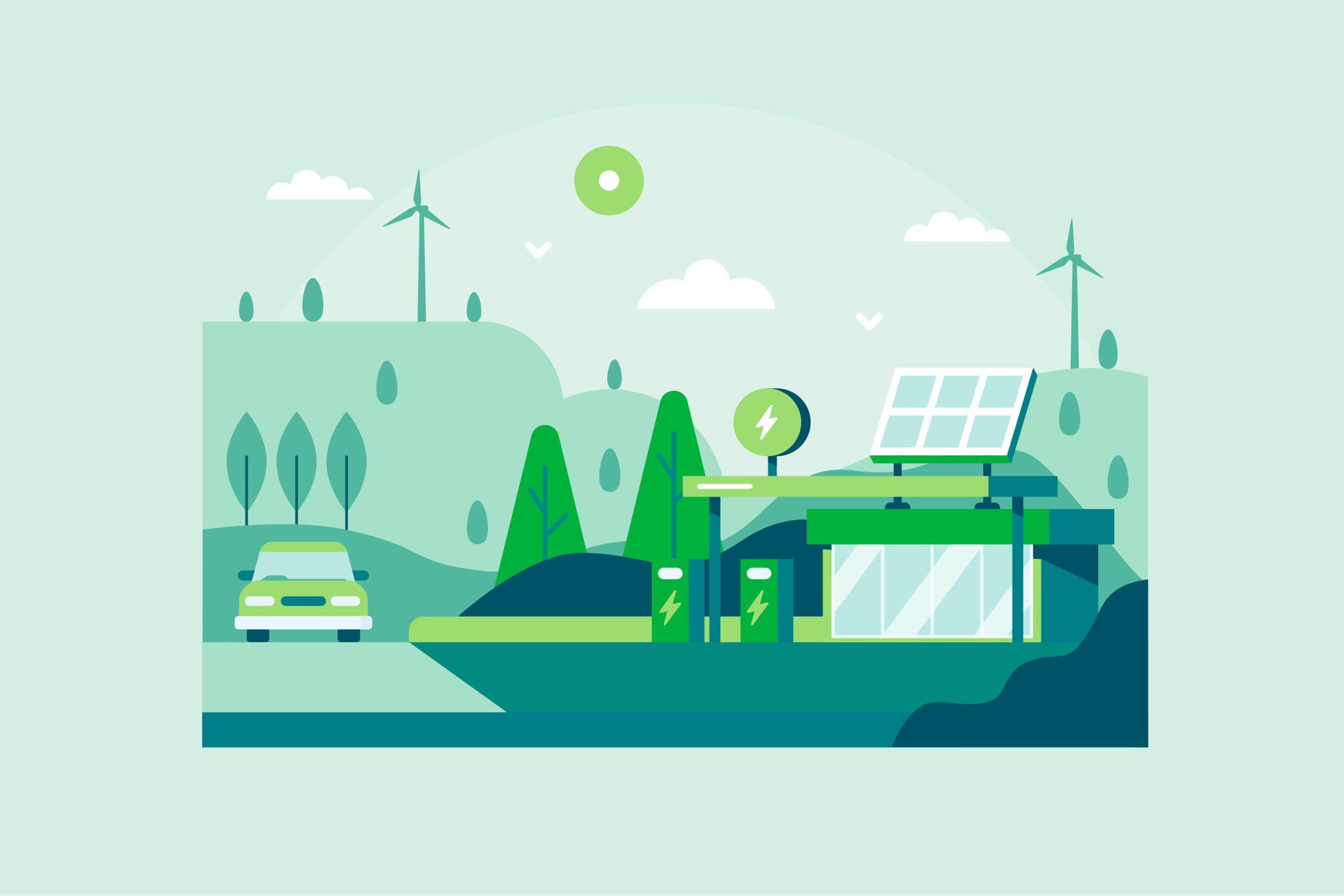Table of Contents
ToggleIntroduction
Sustainable development has become a buzzword in recent years, and for good reason. With the world facing a multitude of environmental, social and economic challenges, it is clear that our current way of life is not sustainable. To ensure a better future for all, it is necessary to adopt a holistic approach to development that takes into account the interdependence of these different spheres. In this article, we will explore the concept of sustainable development in terms of three spheres: the economic, social, and environmental.
The Economic Sphere
The economic sphere refers to the systems, processes, and structures that drive economic growth and prosperity. In order for economic development to be sustainable, it must be based on principles of equity, efficiency, and stability. This means that economic growth should benefit all members of society, be driven by efficient use of resources, and be resilient to external shocks and long-term changes.
Equity in Economic Development
One of the key principles of sustainable economic development is equity, which means that the benefits of growth should be distributed fairly among all members of society. This is particularly important in developing countries, where poverty and inequality are often persistent and widespread. To achieve equity, it is necessary to adopt policies that promote equal opportunities and access to resources, and to ensure that the benefits of economic growth are shared equitably among all members of society.
Efficient Resource Use in Economic Development
Another important aspect of sustainable economic development is the efficient use of resources. This means that economic activities should be designed in a way that minimizes waste and pollution, and that the use of natural resources is sustainable over the long-term. By adopting efficient resource use practices, countries can ensure that their economic growth is not built on the depletion of valuable resources, and that future generations will have access to the resources they need to thrive.
Resilience in Economic Development
Finally, it is important that economic development is resilient, which means that it can withstand and recover from shocks and changes. This requires robust institutions, strong governance, and effective risk management strategies. By building resilience into their economic systems, countries can ensure that their growth is sustainable over the long-term, even in the face of external shocks and changes.
The Social Sphere
The social sphere refers to the relationships, institutions, and norms that shape human interaction and well-being. In order for social development to be sustainable, it must promote equality, well-being, and social cohesion.
Equality in Social Development
One of the key principles of sustainable social development is equality, which means that all members of society should have access to the resources and opportunities they need to thrive. This requires policies that promote equal opportunities and access to resources, as well as institutions that protect the rights of all members of society, regardless of their background or status. By promoting equality, we can ensure that all members of society are able to participate fully in the benefits of economic and social development.
Well-being in Social Development
Another important aspect of sustainable social development is well-being, which means that all members of society should have access to the resources and opportunities they need to live healthy, fulfilling lives. This requires policies that promote access to healthcare, education, and other essential services, as well as institutions that support social and economic security. By promoting well-being, we can ensure that all members of society are able to lead healthy, fulfilling lives, and that social development is sustainable over the long-term.
Social Cohesion in Social Development
Finally, it is important that social development promotes social cohesion, which means that all members of society feel a sense of belonging and connectedness to each other. This requires institutions and policies that promote inclusive, participatory, and respectful relationships, and that address social and cultural divides. By promoting social cohesion, we can ensure that all members of society feel valued and supported, and that social development is sustainable over the long-term.
The Environmental Sphere
The environmental sphere refers to the natural systems, processes, and resources that sustain life on Earth. In order for environmental development to be sustainable, it must be based on principles of conservation, restoration, and resilience.
Conservation in Environmental Development
One of the key principles of sustainable environmental development is conservation, which means that we must protect and preserve the natural systems and processes that sustain life on Earth. This requires policies that protect and manage natural resources, as well as institutions that promote responsible resource use and waste management. By adopting conservation practices, we can ensure that our natural resources are protected and preserved for future generations.
Restoration in Environmental Development
Another important aspect of sustainable environmental development is restoration, which means that we must work to restore degraded ecosystems and landscapes to their original health and vitality. This requires policies that promote sustainable land use, as well as institutions that support the development of sustainable technologies and practices. By promoting restoration, we can ensure that our natural systems and processes are healthy and resilient over the long-term.
Resilience in Environmental Development
Finally, it is important that environmental development is resilient, which means that it can withstand and recover from changes and shocks. This requires policies that promote adaptive and responsive management of natural resources, as well as institutions that support the development of sustainable technologies and practices. By building resilience into our environmental systems, we can ensure that they are healthy and resilient over the long-term, even in the face of changes and shocks.
Conclusion
Sustainable development is a complex and multifaceted concept that requires a holistic approach. By considering the interdependence of the economic, social, and environmental spheres, we can ensure that our development is equitable, efficient, and resilient over the long-term. By adopting sustainable development practices, we can ensure a better future for all, and a world that is sustainable for generations to come.







